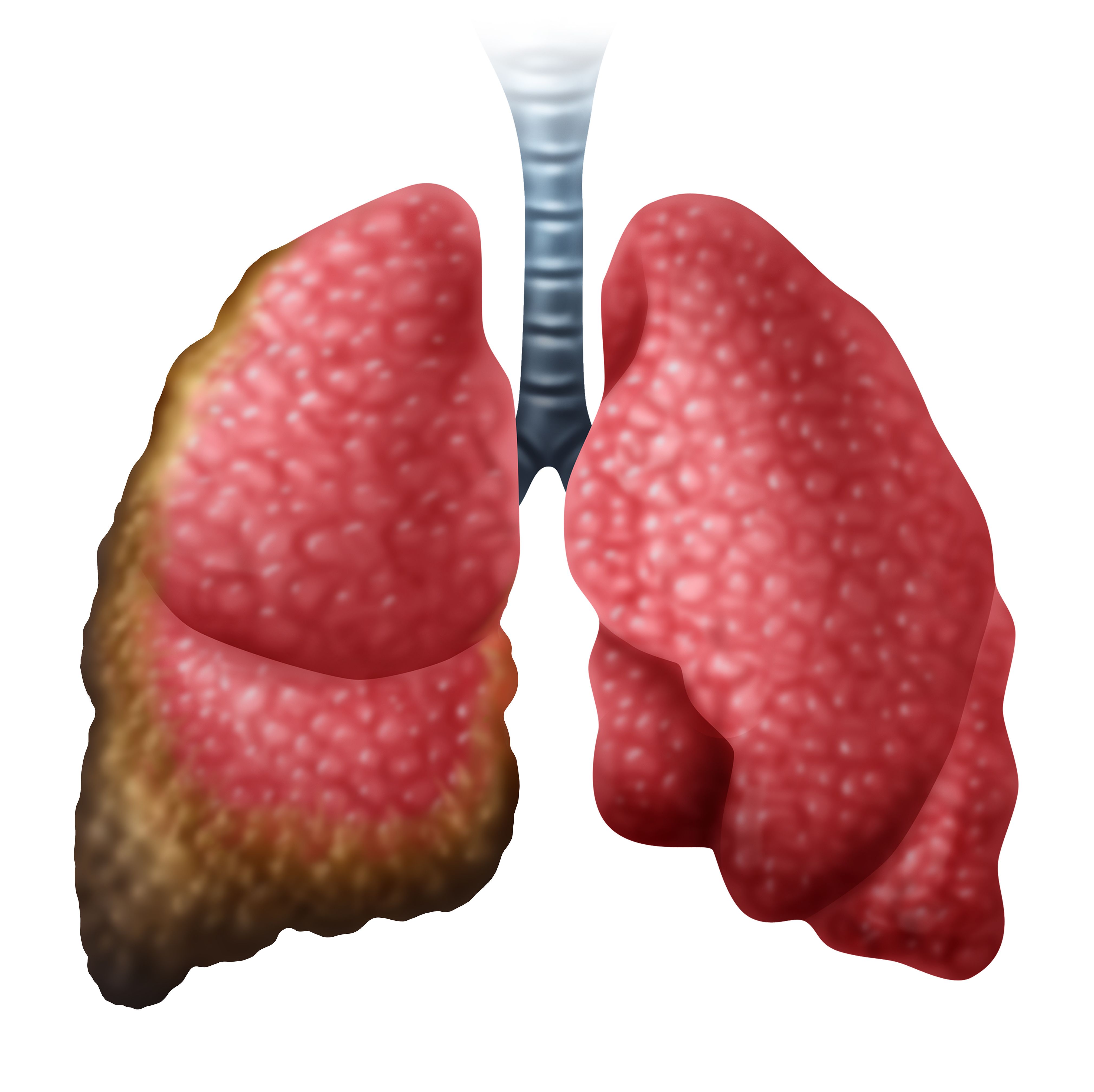Tislelizumab Significantly Boosts Survival in Lung Cancer Trials
A systematic review shows that well-designed randomized clinical trials are necessary to optimize treatment strategies with tislelizumab in lung cancer.
"Despite some limitations, including a small number of included studies and a lack of subgroup analyses based on patient characteristics, these findings support tislelizumab as a promising treatment option," according to the study authors.

Administering tislelizumab-jsgr (Tevimbra) as monotherapy or in combination with other agents significantly prolonged progression-free survival (PFS) and overall survival (OS) across different lung cancer populations, according to findings from a systematic review and meta-analysis published in Cureus.1
Across 4 phase 3 studies, treatment with tislelizumab significantly improved OS vs control therapy, with no heterogeneity noted across trials (HR, 0.72; 95% CI, 0.63-0.81). In a subgroup analysis accounting for patients with non–small cell lung cancer (NSCLC) and SCLC, OS was improved with tislelizumab in both disease types, and the difference in treatment effect was not significantly different between groups (P >.05). Tislelizumab also prolonged OS vs control therapy regardless of whether investigators administered it as monotherapy or in a combination regimen; the treatment effect difference across these strategies was not significant (P >.05).
When analyzing the 4 studies, investigators determined that tislelizumab-based treatment significantly improved PFS vs control group therapy (HR, 0.61; 95% CI, 0.54-0.68), with low heterogeneity observed across results (I2 = 22%). Subgroup analysis showed that tislelizumab produced similar PFS improvements across those with NSCLC or SCLC (P >.05). Additionally, PFS improved with tislelizumab monotherapy or combination regimens, with no significantly different treatment effects reported between these strategies (P >.05).
“This meta-analysis of 4 phase 3 [randomized clinical trials] demonstrated that tislelizumab, whether as monotherapy or in combination with chemotherapy, significantly improves OS and PFS in patients with lung cancer. The consistent survival benefits across both NSCLC and SCLC suggest its broad therapeutic potential,” lead study author Waqas Ul Bassar, specializing in internal medicine at Ayub Medical Teaching Institution in Abbottabad, Pakistan, wrote with coauthors.1 “Despite some limitations, including a small number of included studies and a lack of subgroup analyses based on patient characteristics, these findings support tislelizumab as a promising treatment option. Further, well-designed [randomized clinical trials] are needed to validate these results and optimize treatment strategies, ensuring personalized and evidence-based care for [patients with] lung cancer.”
Investigators of this meta-analysis conducted a literature search in PubMed, Embase, Web of Science, and Cochrane Central Register of Controlled Trials (CENTRAL) for randomized clinical trials assessing tislelizumab alone or in combination with chemotherapy for patients with NSCLC or SCLC. The primary end points in this analysis were PFS and OS.
Non-randomized, observational, and preclinical trials; reviews; editorials; and case reports were not included in the analysis. Investigators also excluded studies that lacked a control arm.
The literature search resulted in an initial retrieval of 433 studies; 352 sets of titles and abstracts remained after investigators removed duplicate studies. Additionally, 11 eligible studies had full texts available. Investigators ultimately included 4 randomized phase 3 clinical trials in this analysis, which included the RATIONALE-312 trial (NCT04005716), the RATIONALE-304 trial (NCT03663205), the RATIONALE-307 trial (NCT03594747), and the RATIONALE-303 trial (NCT03358875). These studies included a total of 1837 patients.2-5
Follow-up duration ranged from 14.2 months to 16.7 months across the 4 studies. Additionally, 3 trials included patients with NSCLC; the RATIONALE-312 study was the only one that included those with SCLC. Tislelizumab was given in combination with chemotherapy across 3 studies, whereas patients received tislelizumab alone in the RATIONALE-303 trial.
According to the study authors, the meta-analysis had several limitations, including the fact that it included 4 randomized clinical trials, which may reduce the generalizability of the findings. Additionally, only 1 study focused on patients with SCLC, which suggested a need for more robust evidence in this population.
References
- Ul Bassar W, Ogedegbe OJ, Qammar A, et al. Efficacy of tislelizumab in lung cancer treatment: a systematic review and meta-analysis of randomized controlled Ttials. Cureus. 2025;17(3):e80609. doi:10.7759/cureus.80609.
- Cheng Y, Fan Y, Zhao Y, et al. Tislelizumab plus platinum and etoposide versus placebo plus platinum and etoposide as first-line treatment for extensive-stage SCLC (RATIONALE-312): a multicenter, double-blind, placebo-controlled, randomized, phase 3 clinical trial. J Thorac Oncol. 2024;19(7):P1073-1085. doi:10.1016/j.jtho.2024.03.008
- Lu S, Wang J, Yu Y, et al. Tislelizumab plus chemotherapy as first-line treatment of locally advanced or metastatic nonsquamous non-small-cell lung cancer (final analysis of RATIONALE-304: a randomized phase III trial). ESMO Open. 2024;9(10):103728. doi:10.1016/j.esmoop.2024.103728
- Wang J, Lu S, Yu X, et al. Tislelizumab plus chemotherapy versus chemotherapy alone as first-line treatment for advanced squamous non-small-cell lung cancer: final analysis of the randomized, phase III RATIONALE-307 trial. ESMO Open. 2024;9(10):103727. doi:10.1016/j.esmoop.2024.103727
- Zhou C, Huang D, Fan Y, et al. Tislelizumab versus docetaxel in patients with previously treated advanced NSCLC (RATIONALE-303): a phase 3, open-label, randomized controlled trial. J Thorac Oncol. 2023;18(1):P93-105. doi:10.1016/j.jtho.2022.09.217